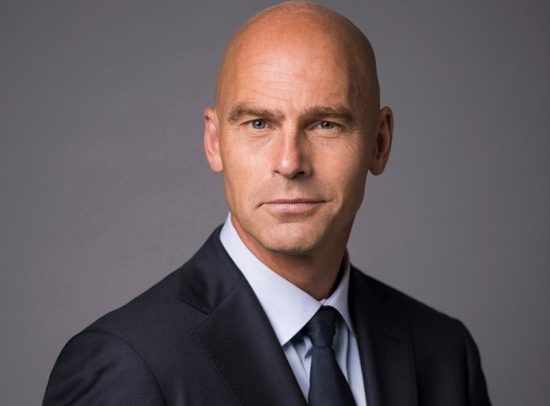Professor Patrick Verkooijen, CEO of the Global Center on Adaptation
Africa is facing a critical shortfall in funding for climate adaptation a new report, ‘State and Trends in Adaptation in Africa 2022’ (STA22), has revealed.
According to the report, the cumulative adaptation finance is only one-quarter of the estimated needs stated by African countries in their National Determined Contributions (NDCs).
Launched by the Global Center on Adaptation, ahead of COP27 in Egypt, the report stated, “In 2019 and 2020 an estimated $11.4 billion was committed to climate adaptation finance in Africa with more than 97 per cent of the funds coming from public actors and less than 3 per cent from private sectors. This is significantly less than the $52.7 billion annually to 2030 it is estimated African countries will need.”
It thus recommended that financial institutions must mainstream resilience into investments they are making and policy makers and other stakeholders must build the enabling environment for adaptation investment in order to increase volume and efficacy of adaptation finance flows to Africa.
“Financial innovation for adaptation must match country-level policy and market conditions,” the report emphasised.
Professor Patrick Verkooijen, CEO of the Global Center on Adaptation, commenting on the report findings said adaptation finance is scaling too slowly to close the investment gap in Africa, even as the costs of inaction rise.
“The Africa Adaptation Acceleration Program endorsed by the African Union, is the best vehicle we have to ensure the adaptation investment shortfall in Africa is met with action from all available sources including the private sector,” he added.
Speaking during the launch event for the report, Amina Mohammed, Deputy Secretary-General of the United Nations called for a new business model to deliver adaptation finance by turning adaptation priorities into pipelines of investment for projects.
“COP27 must be a turning point. Developed countries must put forward credible plans to double adaptation finance to reach 40 billion dollars a year by 2025,” she said.
Commissioner for Rural Economy and Agriculture for the African Union Commission Josefa Leonel Correia Sacko, explained that Africa’s 1.4 billion people contribute less than 3 per cent of the world’s total greenhouse gas emissions but finds itself on the frontline of this climate emergency with nine out of ten of the most vulnerable countries in Africa.
“Adaptation to climate change is very crucial to Africa. At COP27 it is adaptation and financing adaptation which is our priority.”
President, African Development Bank Group, Akinwumi Adesina, said the Upstream [Financing] Facility at the Global Center on Adaptation, is doing so much analytical work to support countries to build climate resilience into infrastructure, into agriculture and to mainstream climate financing into national bodies but also into the financing of large multilateral development banks.
By Jamila Akweley Okertchiri


